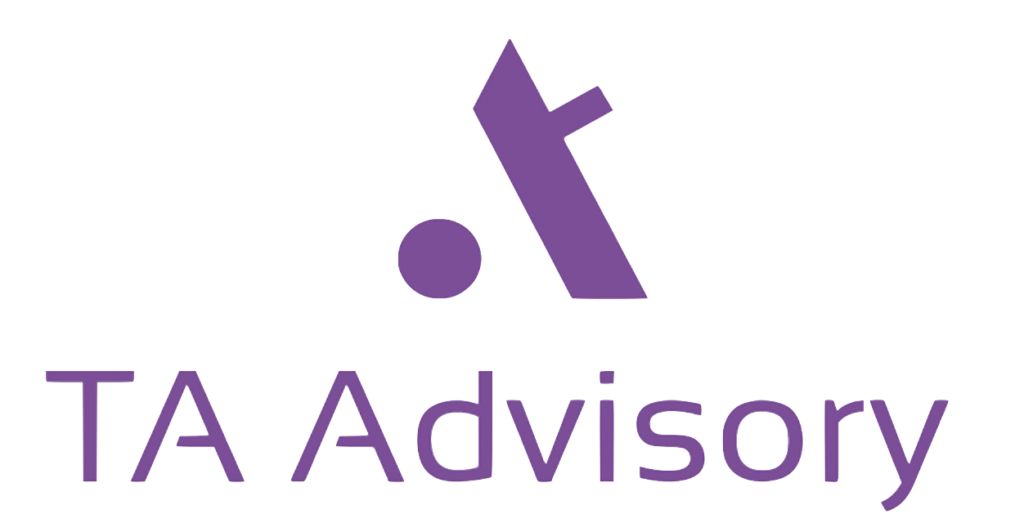What is the FIFA Football Agent Regulations?
FIFA implemented the FIFA Football Agent Regulations (“FFAR“) in January 2023. These regulations aim to elevate fair dealings and transparency within the market. Among others, FFAR introduced mandatory licensing for player agents, put an end to multiple representations, and established limitations on agent fees. The primary objectives behind these measures were to fortify contractual stability, safeguard the integrity of player transfers, and elevate financial transparency. The FFAR specifically governs international transactions, while national football agent regulations of member associations oversee domestic transfers.
What are the relevant changes?
The FFAR has a major impact on the agents as well as on the services provided.
Remuneration Cap
Art. 15 of the FFAR introduces a service fee cap, which defines the upper limit as a percentage of the transfer fee or the individual’s remuneration.
If the transferred club is represented, the cap is 10% of the transfer fee.
If the player or the receiving club is represented, the cap is 5% up to USD 200,000 and 3% for the amount exceeding USD 200,000.
Limitations on Representation
According to Art. 12 of the FFAR, dual or multiple representations are prohibited, which fundamentally changes practice. In particular, constellations in which an agent represents the selling club, the player and the receiving club often lead to conflicts of interest. In order to avoid these conflicts of interest, a general prohibition has been established. However, there is an exception to the prohibition of dual representation, which requires the prior written consent of the player and the host club, in which case dual representation remains permitted.
Mandatory Licensing
Pursuant to Art. 4 et seq. FFAR, the license conditions for all agents are as follows:
- Submit a license application to the FIFA platform;
- Pass the FIFA agent examination and
- Pay the annual license fees.
In addition, the requirements of Art. 5 of the FFAR must be met, which are:
- a clean criminal record;
- no conflict of interest and
- not having provided services as an agent without the required license for 24 months prior to submitting the license.
Agents able to prove that they were either previously licensed as a FIFA player agent or were registered as an agent with a member association between April 2015 and 16 December 2022, are exempt from the agent examination.
Reporting obligations and payments
In addition, FIFA introduces numerous reporting obligations in Art. 19 of the FFAR; for example, information on agency contracts, transfers of clients, and payments of agency commissions received must be uploaded to the FIFA platform within 14 days after the occurrence. Art. 14(13) of the FFAR also stipulates that all commission payments shall be made via the FIFA Clearing House.
Compliance with Swiss law?
There have been numerous lawsuits against FIFA in connection with the FFAR or some of its provisions. For example, the Court of Arbitration for Sport (CAS 2023/O/9370 Professional Football Agents Association (PROFAA) v. FIFA) as well as numerous national courts have ruled differently in this matter. The CAS did not find any violations of Swiss or EU law, whereas the Regional Court of Dortmund (case number 8 O 1/23) granted a preliminary injunction with regard to the suspension of the FFAR’s application and enforcement. Since the regulation is not only met with approval, the question arises to what extent the regulation complies with Swiss law.
Cartel Act
From an antitrust law perspective, the question arises to what extent FIFA has abused its dominant market position and created discriminatory and inappropriate business conditions. In particular, Art. 4(2) CartA and Art. 7(1) as well as (2)(b) and (c) CartA could be relevant. It can be rightly argued that the regulation makes it particularly difficult for small and medium-sized agents to make a living. The fee cap can be interpreted as unjustified unequal treatment due to the unequal percentage limits for selling clubs (10% cap) and players and receiving clubs (3-5% cap). The ban on dual representation may also contradict the freedom of representation. Agents of selling clubs can only represent the selling club, whereas player agents, for example, can also represent the receiving club.
On the other hand, it can be argued that the measures are reasonable and ensure that the transfer market remains transparent and fair. In addition, it can be argued that there are hardly any milder effective measures conceivable to achieve the purpose and that competition among agents is not restricted too severely.
Civil law in the light of Art. 28 CC
By enacting the FFAR, FIFA may have violated the personality rights of agents under Art. 28(1) CC, which also includes the right to development and economic fulfilment in professional sport by impeding market access as well as the free exercise of the profession and the determination of commissions.
According to Art. 28(2) CC, such a restriction may be justified by overriding private or public interests, which in this case are a healthy and functioning football transfer system that requires regulation.
Implementation of the FFAR
The said CAS decision represents a major success for FIFA. Nevertheless, the Dortmund Regional Court granted a preliminary injunction regarding the suspension of several controversial provisions, such as the reporting obligations, service fee cap and the ban on dual representation.
In view of the fact that said injunction concerns a relevant and economically significant market for FIFA, the latter decided to suspend the FFAR altogether for all transfers linked to the EU until a final decision by the European Court of Justice.
As such, the comprehensive implementation of the FFAR depends on the outcome of the proceedings before the highest court in the EU system.
Outlook
In the context of the upcoming decision of the European Court of Justice on FFAR, two recent judgements are important for FIFA. Firstly, the European Super League decision (Judgment of the Court in Case C-333/21 | European Superleague Company) and the International Skating Union case (Judgment of the Court in Case C-124/21 P | International Skating Union v Commission) have made it clear that sports federations must create transparent, objective and non-discriminatory rules for prior authorisations and access to competitions. Furthermore, these judgements emphasise the importance of respecting the principle of proportionality regarding sanctions. Additionally, the European Court of Justice has confirmed the applicability of European competition law to the field of sport.
See the FIFA circular no. 1873 on FIFA Football Agent Regulations: update on implementation
For further details on this topic, please do not hesitate to contact us.
Sports Law
Being an international and multilingual firm, TA Advisory advises professional athletes, coaches, managers, intermediaries, sports clubs, sports federations around the globe and represents them in all proceedings before competent arbitration tribunals (e.g. FIFA and UEFA Dispute Resolution Bodies, Court of Arbitration for Sports, etc.) and, of course, Swiss state courts, including the Swiss Federal Tribunal.



